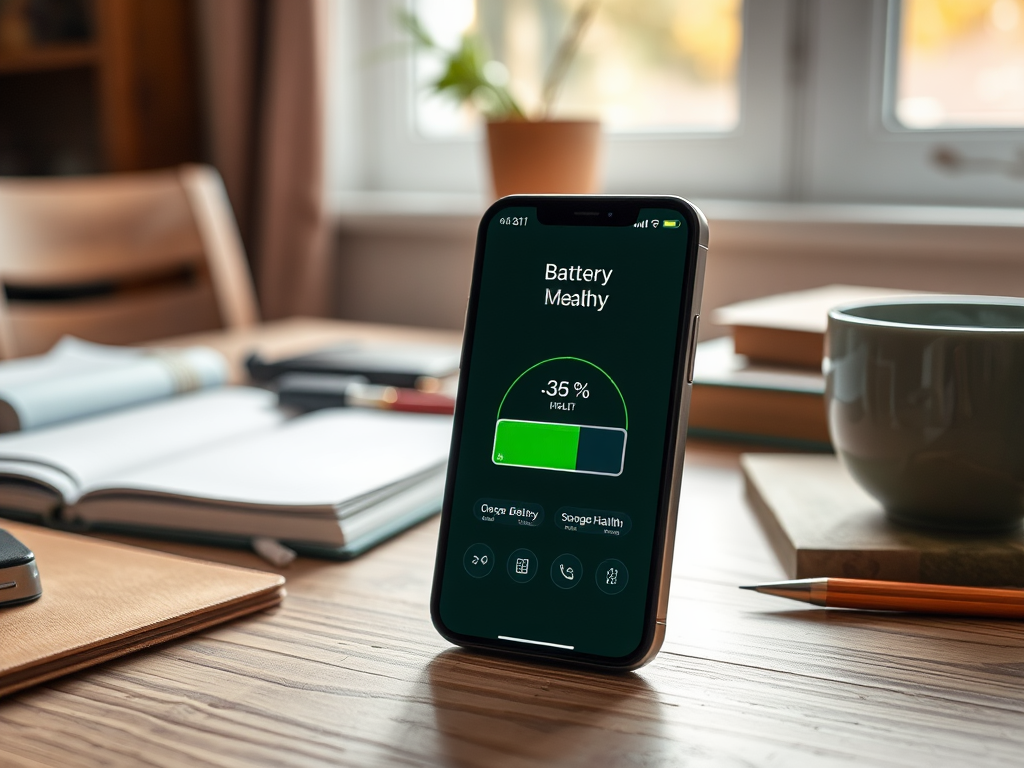Choosing the best external hard drive can be a daunting task due to the myriad of options available. Whether you’re looking to expand your storage capacity, backup your data, or have a portable solution for file transport, understanding the key factors is crucial. In this guide, we’ll explore various aspects to consider ensuring you make an informed decision.
Consider Storage Capacity

The first and foremost factor to consider is storage capacity. It is essential to determine how much space you’ll need for your files, photos, videos, and other data. External hard drives typically range from 500GB to several terabytes. If you require storage for high-resolution photos, large video files, or extensive backups, opting for higher storage capacity drives will serve you better in the long run.
A larger capacity hard drive might be beneficial for users who deal with gaming, video editing, or large datasets. Conversely, for simple document storage or basic home use, a smaller drive might suffice. Evaluating your current and future data needs can guide you towards the right choice.
Understanding Drive Types: HDD vs SSD
Another important consideration is the type of drive: Hard Disk Drive (HDD) or Solid State Drive (SSD). HDDs have been the traditional choice, providing large storage capacities at lower prices. Although they can be slower and more prone to mechanical failures, they remain a cost-effective solution for bulk storage requirements.
SSDs, on the other hand, have no moving parts and offer faster data transfer speeds, durability, and reduced power consumption. This makes them ideal for users who need quick access to their data and frequent file transfers. However, SSDs tend to be more expensive per gigabyte compared to HDDs. Weighing the benefits of speed versus cost and reliability can help you choose between these two options.
Check Connectivity Options
The connectivity options of an external hard drive determine compatibility and data transfer speeds. Most drives come with USB 3.0 or USB 3.1 ports, which are compatible with many devices and provide ample speed for regular use. However, if you require even faster performance, Thunderbolt 3 provides top-notch data transfer rates, making it ideal for professional usage.
Other consideration includes USB-C, which is becoming more popular due to its reversible design and support for higher data speeds. Ensuring your chosen drive has the right ports to match your devices is essential, as it impacts both convenience and performance.
Evaluate Durability and Portability
External hard drives are used frequently and subjected to various environments, which makes durability a significant factor. Look for drives that offer shock-resistance or are built to withstand physical impacts. This is especially important for users who travel often or plan to use the drive in different work settings.
Portability is also crucial. While larger desktop drives offer more storage, they require a constant power source and are less convenient to transport. In contrast, portable drives can easily fit into a backpack or laptop bag and are typically powered via USB, making them perfect for on-the-go use. Balancing durability and portability according to your lifestyle and work requirements can ensure your hard drive meets your needs.
Security and Backup Features
Data security is paramount, especially if you’re storing sensitive information. Many external hard drives come with built-in encryption features, which can protect your data from unauthorized access. Hardware encryption is preferable over software encryption as it doesn’t impact the performance significantly.
Backup features are also vital. Look for drives that come with pre-installed backup software, which makes it easier to automate and manage backups. Some external hard drives offer cloud backup integration, providing an additional layer of data protection. Ensuring your chosen hard drive has advanced security and reliable backup capabilities can safeguard your precious data.
Conclusion
Choosing the best external hard drive involves assessing your storage needs, understanding the type of drive that suits your requirements, checking connectivity options, considering the drive’s durability and portability, and ensuring it offers robust security features. By carefully weighing these factors, you can find an external hard drive that not only meets your current needs but also adapts to your future requirements.
FAQs
1. What is the difference between HDD and SSD?
HDDs (Hard Disk Drives) use spinning disks to read/write data, providing large storage capacities at a lower cost. SSDs (Solid State Drives) use flash memory, offering faster speeds, higher durability, and lower power consumption but are generally more expensive per gigabyte.
2. How much storage capacity do I need?
The required storage capacity depends on your specific needs. For general use, 500GB to 1TB may suffice. For heavy usage like video editing or storing large amounts of media files, consider drives with 2TB or more.
3. Is USB 3.0 fast enough for an external hard drive?
Yes, USB 3.0 offers fast transfer speeds that are sufficient for most users’ needs. However, if you require even faster data transfer rates for professional tasks, consider options with USB 3.1 or Thunderbolt 3.
4. Are there any specific brands I should consider?
Several reputable brands are known for their quality external hard drives, including Western Digital, Seagate, Samsung, and Toshiba. Researching customer reviews and brand reputation can help in making an informed decision.
5. How do I ensure data security on my external hard drive?
Look for drives that offer built-in encryption, either hardware or software-based. Additionally, using strong passwords and regular backups can help safeguard your data. Choosing a drive with robust security features and backup software can enhance data protection.



